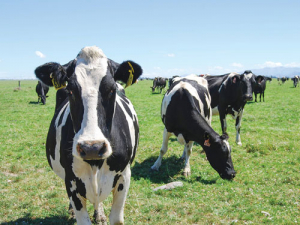Opinion is divided about the decision on phased eradication. However, overall there seems to be general agreement that this is the only chance to wipe out M.bovis because there will never be another opportunity to eradicate it.
While government agencies and industry have been at pains to emphasise that this plan will see some 150,000 animals culled over two years, with around 192 properties having their animals slaughtered, this represents only a small percentage of New Zealand’s farms and cattle.
This will be cold comfort for the unfortunate farmers whose herds and farms are impacted. They will be – as Fed’s Katie Milne succinctly put it – taking one for the team, so they must be looked after, treated with respect, supported and compensated for their losses quickly and fairly.
Those responsible for enacting the plan must have as their number-one priority the processing of affected farmers’ claims for compensation and rapid payment. That is the least these farmers deserve for ‘taking one for the team’.
Equally important will be wrap-around support of these farmers and their families during this terrible time.
It is good to see that the Rural Support Trust – already doing marvellous work with impacted farmers – will be gearing up as the M.bovis eradication plan moves into action. Rural Support Trust national council chairman Neil Bateup says it will be keeping in contact with these farmers, supporting each one and ensuring their continuing contact with a trust person skilled in providing all necessary support.
It is pleasing to note that the $886 million set aside for the M.bovis plan includes funding for Acute Farmer Support to those affected, funding for a Rural Mental Wellness programme and Rural Support Trust funding.
In the meantime, any finger-pointing and blame-gaming about how and when the disease got here – especially by politicians – needs to stop. This does nothing to help implement the plan.
Now the decision has been made, it is time for all of us to get behind the plan and ensure it has the best-possible chance of succeeding.
There will be time for a proper review of how M.bovis arrived in NZ and what led to its spread. Once we have all the facts, then those at fault can be properly dealt with, lessons learned and, hopefully, the necessary steps put in place to prevent New Zealanders ever having to endure such a problem again.








